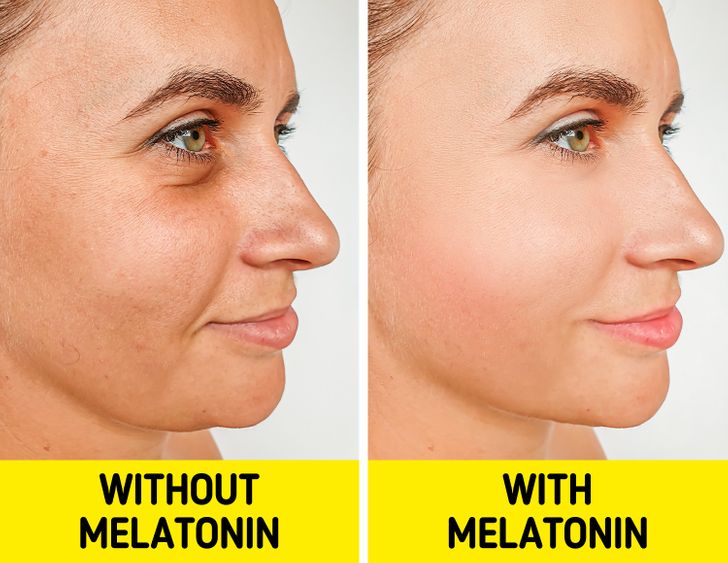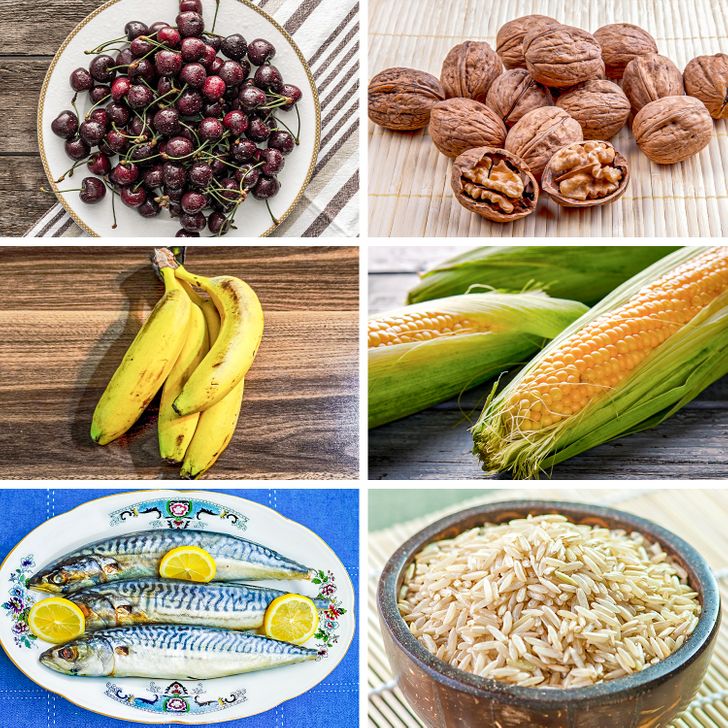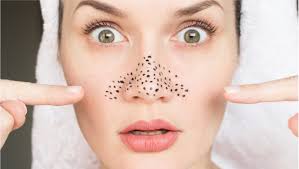The
production of extrapineal melatonin is totally independent of the pineal gland and, when necessary, each organ or tissue can produce it on its own. Its functions occur at the cellular level. It regulates cellular functions by acting as an antioxidant, preventing cellular aging, and at the same time as an anti-inflammatory in the face of a threat, to protect cells.
4. Benefits for us
In addition to its most popular benefit, as a regulator of sleep and rest, this hormone also provides us with a series of extremely important benefits.
- It’s a natural antioxidant — Until recently it was believed that vitamin E was the most effective antioxidant that existed, but numerous studies have shown that melatonin is twice as potent. This hormone has the ability to neutralize free radicals, which are the toxic substances that accumulate in cells, by protecting them from deterioration.
- Prevents aging — Premature aging appears when there is a lack of melatonin since it is the hormone in charge of regulating cellular aging.
- Regulates the immune system — The accumulation of inflammatory enzymes and free radicals in cells damages healthy tissues, leading to the onset of chronic diseases. Melatonin regulates the number of immune system cells to fight infections, while acting as an anti-inflammatory, preventing chronic inflammation.
- Helps prevent cancer — Adding all the properties listed above, melatonin is considered an anti-cancer hormone. It also helps to increase the effectiveness of chemotherapy and radiotherapy while reducing their side effects.
- It’s a neuroprotectant — Melatonin supplementation in the elderly helps to care for and maintain the hematoencephalic membrane, the membrane that protects the brain and spinal cord from harmful substances. It can also be used to prevent Alzheimer’s and other neurodegenerative diseases that appear with age.
5. Foods that help to produce it
Although we produce this hormone naturally in our body, our diet will be of vital importance, both to
consume it directly from food and to obtain the tryptophan that our body needs to synthesize it.
- Fruits — Cherries, especially the more acidic ones, have a high melatonin content, as do bananas, both are recommended at night to help us fall asleep. The latter, in addition to melatonin, contains tryptophan, as do pineapples, avocadoes, and plums.
- Vegetables — Among the vegetables rich in tryptophan are spinach, beets, carrots, celery, and broccoli.
- Nuts — Of all nuts, walnuts have the highest melatonin content, 3.5 nanograms of melatonin per gram of nuts. Other nuts also provide tryptophan, vitamins B and C, protein, magnesium, and omega 3.
- Cereals — Rice and oats (mainly whole grains), together with sweet corn, are the foods with the highest amounts of melatonin per gram.
- Legumes and seeds — Chickpeas, lentils, soybeans, and sesame, pumpkin, and sunflower seeds, in addition to tryptophan, will also provide B1, B3, B6, B9, and magnesium.
- Meat — Especially turkey, chicken, and oily fish are rich in tryptophan as are eggs, especially the yolks, and dairy products.







